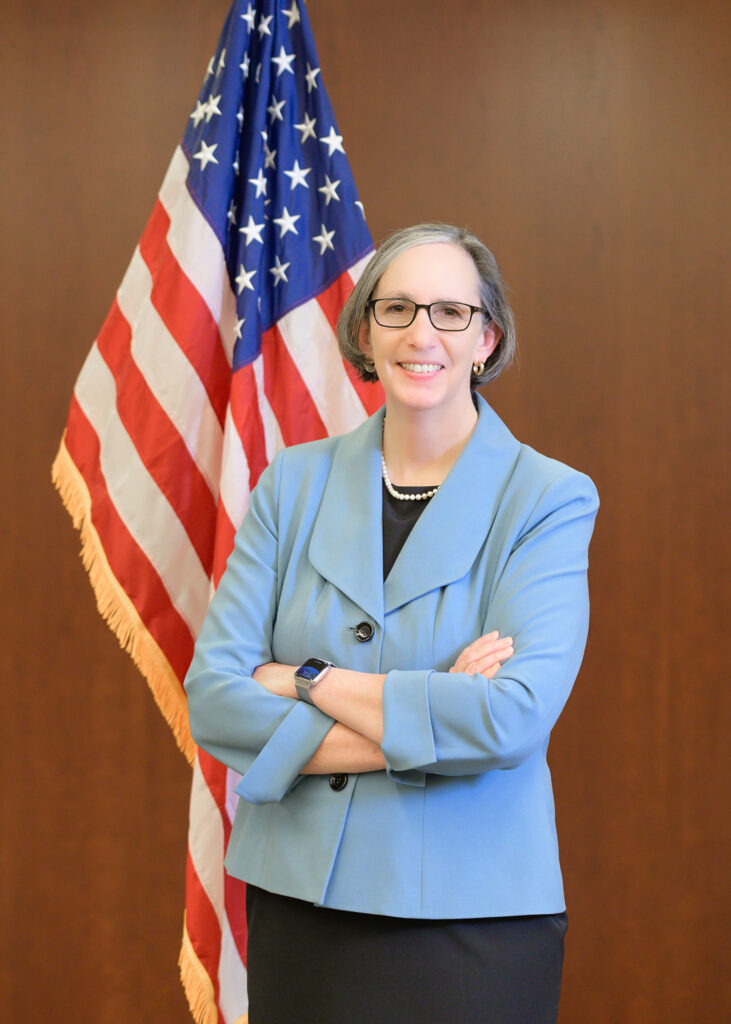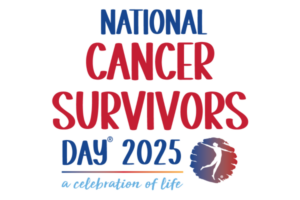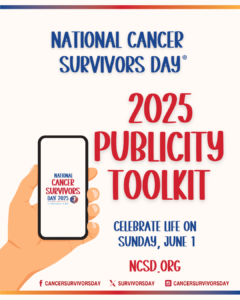
Dr. W. Kimryn Rathmell
It is a tremendous honor to share this greeting for the 37th annual National Cancer Survivors Day—my first as NCI director.
As a cancer biologist and long-time medical oncologist, I care deeply about the research we do—at the cellular level and translating those findings to develop new, more effective treatment options. Our goal is to save lives, and we know that we change lives, too. Each of our patients change us, too. I recently heard from a young physician-scientist who trained with me years ago. She had just met a new patient, one who had been in my clinic 15 or so years ago, describing them without a name, but just a few words that instantly made me remember them and smile. The cancer experience is a powerful one, for everyone.
Growing up in a family of educators, listening and learning became part of my DNA. I especially value connecting with cancer patients, survivors, advocates, and caregivers. Their lived experiences give them invaluable insights and perspectives that are essential to cancer research and teach us how cancer is experienced.
To that end, researchers and healthcare providers must engage more deeply and intentionally with communities that have traditionally been left behind or underserved. Everything we do within research will only be improved by inviting and embracing all voices, and by exploring the spaces between our siloes, sectors, and specialties. NCI already leads important efforts to stimulate this kind of work and I look forward to fostering even more. I am convinced that this work is as important as the discoveries we make in the laboratories when it comes to ending cancer as we know it.
To the more than 18 million cancer survivors in the U.S. today: You are the reason all of us at NCI have the privilege of waking up every day to lead the national effort to make progress against cancer. Today and every day, we celebrate your life and your experience. NCI is doing everything we can to find better ways to prevent, detect and treat cancer, and to embrace life after diagnosis. Everyone has a role in ending cancer as we know it, and I look forward to everything we’ll be able to do by working more closely together.
W. Kimryn Rathmell, M.D., Ph.D.
Director, National Cancer Institute




